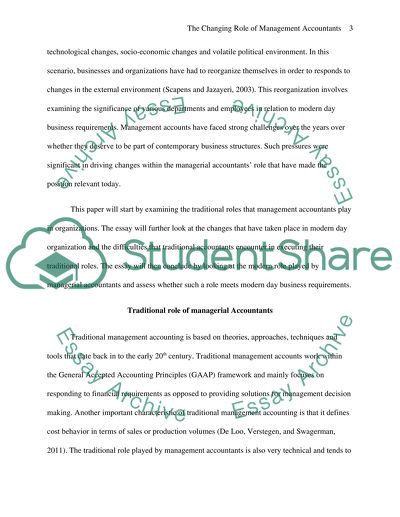Cite this document
(“Managerial accounting Essay Example | Topics and Well Written Essays - 2250 words”, n.d.)
Managerial accounting Essay Example | Topics and Well Written Essays - 2250 words. Retrieved from https://studentshare.org/finance-accounting/1634375-managerial-accounting
Managerial accounting Essay Example | Topics and Well Written Essays - 2250 words. Retrieved from https://studentshare.org/finance-accounting/1634375-managerial-accounting
(Managerial Accounting Essay Example | Topics and Well Written Essays - 2250 Words)
Managerial Accounting Essay Example | Topics and Well Written Essays - 2250 Words. https://studentshare.org/finance-accounting/1634375-managerial-accounting.
Managerial Accounting Essay Example | Topics and Well Written Essays - 2250 Words. https://studentshare.org/finance-accounting/1634375-managerial-accounting.
“Managerial Accounting Essay Example | Topics and Well Written Essays - 2250 Words”, n.d. https://studentshare.org/finance-accounting/1634375-managerial-accounting.


